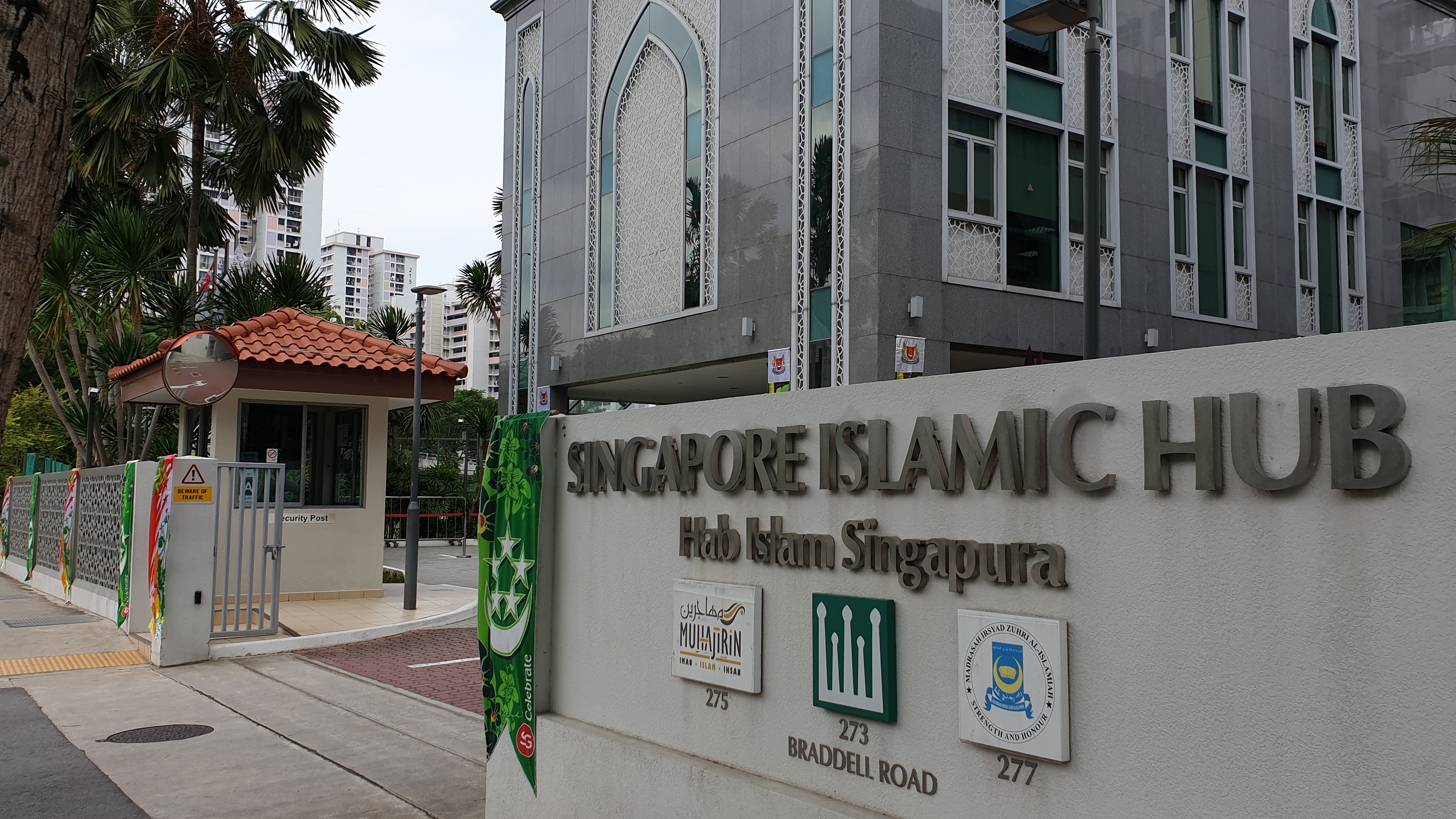Singapore’s MUIS gets ISO nod for its halal certification
The Islamic Religious Council of Singapore is now ISO 17065-certified for its halal products certification, the national body said in a statement on Monday.
ISO 17065 is published by the International Organisation for Standardisation and denotes conformity by bodies certifying products, processes and services.
Singapore's Islamic Religious Council, better known by its Malay acronym MUIS, hopes the accreditation will ensure the continued international recognition of the country's halal mark.
“MUIS embarked on [this] accreditation to ensure the continued global recognition and assurance of its halal certification mark. This pursuit of excellence ensures that services keep up with international standards,” the statutory body said in a statement to Salaam Gateway.
MUIS is the only authority that is legally allowed to issue halal certificates in Singapore.
Its halal mark is accepted regionally by Malaysia, Indonesia and Brunei under an agreement between the religious affairs councils of these countries.
It is also recognised by other certifying bodies in Australia, Europe, South Africa, Japan, Korea and the United States.
The authority hopes its ISO certification will help give Singaporean businesses bigger market access to export their MUIS halal-certified products globally.
“Singapore businesses venturing overseas will get to enjoy wider and faster market access for their halal products,” said MUIS.
The certification body has seen 10 percent annual increases in the number of applications for halal certification over the last five years.
In 2017, MUIS certified close to 5,000 premises and 55,000 types of products made in Singapore.
Under the new accreditation, consumers will be assured that the MUIS halal certification process is carried out in a competent, impartial and reliable manner, said Dewi Hartaty Suratty, director of asset policy and industry development at MUIS.
Robin Yau, director of sales and marketing at Singapore-based Champ Fungi, a mushroom exporter, agreed that the move would help open up overseas markets for his business.
“ISO certification is highly recognised overseas,” he told Salaam Gateway. “This is especially so in countries where there are concerns over traceability and food safety—it is the highest certification you can get.”
Yau said he would “definitely” mention MUIS' ISO certification to customers, especially those in non-Muslim countries that may not have the same level of awareness of halal certification processes as those in Muslim countries.
“They will understand ‘ISO' better than ‘MUIS in non-Muslim countries,” said Yau. “But even in Muslim countries, it will be beneficial.”
However, one Malaysian food processor with a global supply chain does not believe ISO certification would make Singaporean halal shipments more attractive in Muslim countries where they are perceived as being too expensive.
“Products from Singapore have limitations in pricing, especially when they don’t have added value,” Mashitah Jamaludin, managing director of Muslim Kitchen in Kuala Lumpur, told Salaam Gateway.
“ISO in halal doesn’t have the exposure and significance unless you are targeting multinationals that emphasise the need for ISO. Most Muslim markets will be happy just to go for halal under a strong certification board like MUIS.”
|
HOW IS ISO 17065 RELEVANT TO THE HALAL CERTIFICATION PROCESS? The International Organisation for Standardisaion's ISO 17065 governs “requirements for bodies certifying products, processes and services”. It is not a standard specific to halal but it is one that halal certifying bodies—like Singapore’s MUIS—turn to to demonstrate that they adhere to best practices in their own certification. This standard does not set requirements itself and is not intended to restrict the role or choice of halal certification bodies. However halal certification requirements should not contradict or exclude any of the requirements of ISO 17065. According to ISO, a conformity assessment rates a set of processes that show a certifier’s systems meet the requirements of a given standard. ISO doesn’t, however, provide certification or conformity assessment; instead, this is granted by an external certification body—in the case of MUIS, by the Singapore Accreditation Council. MUIS does not appear to be the first certification body to adhere to ISO 17065. Others before it that have incorporated it—or are simply based on it—include GCC countries, for example. Gulf verification agency SGS boasts ISO 17065 accreditation. Elsewhere, the Pakistan National Accreditation Council has also subscribed to the standard, while ISWA in the United States abides by its standards. |
(Reporting by Richard Whitehead; Editing by Emmy Abdul Alim emmy.alim@refinitiv.com)
Our Standards: The Thomson Reuters Trust Principles
© SalaamGateway.com 2018 All Rights Reserved
